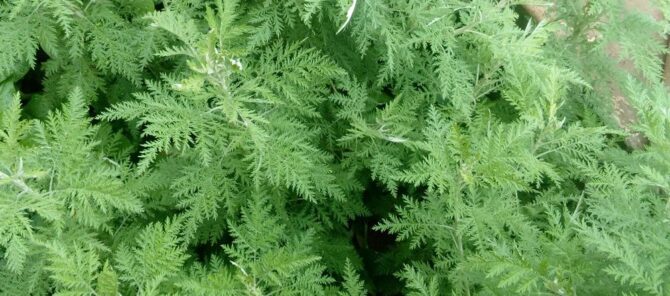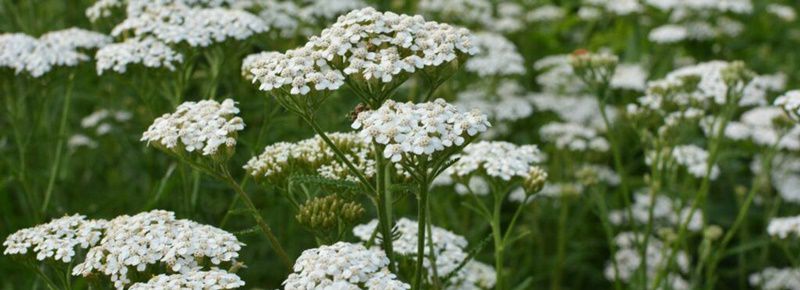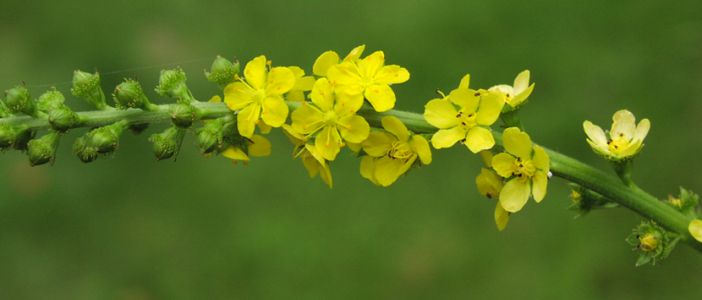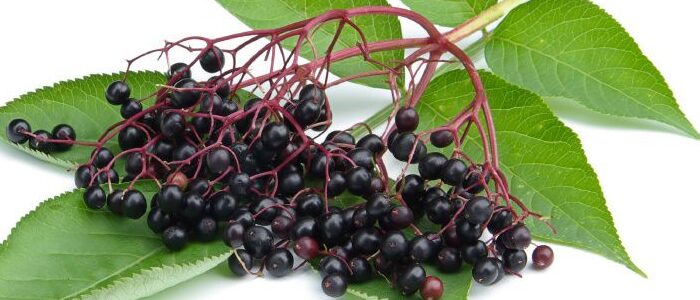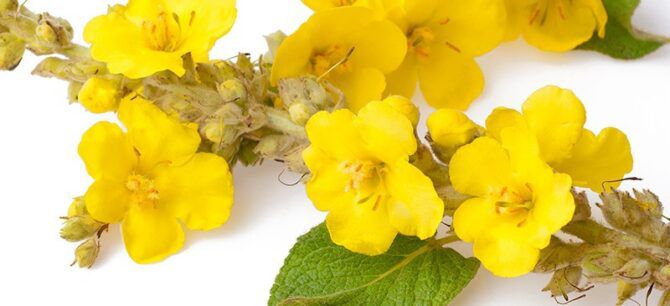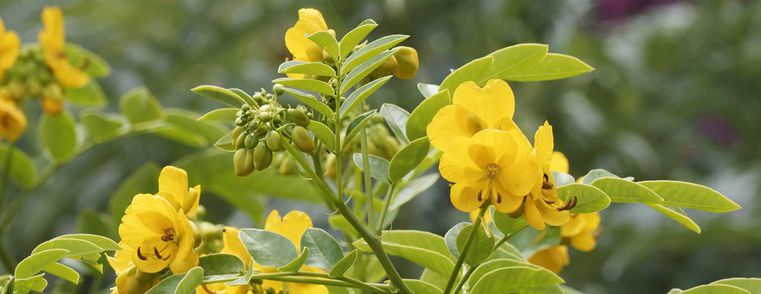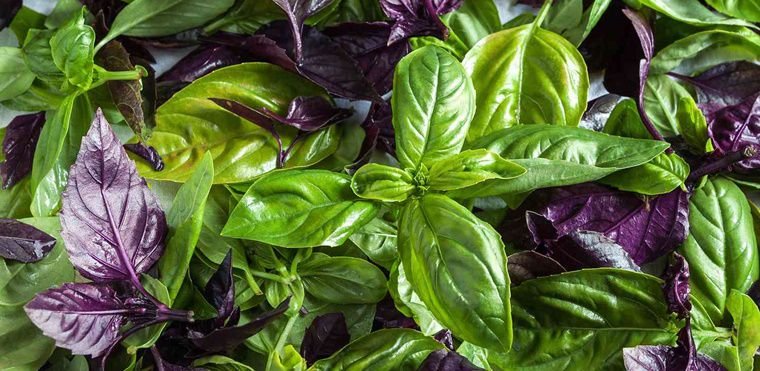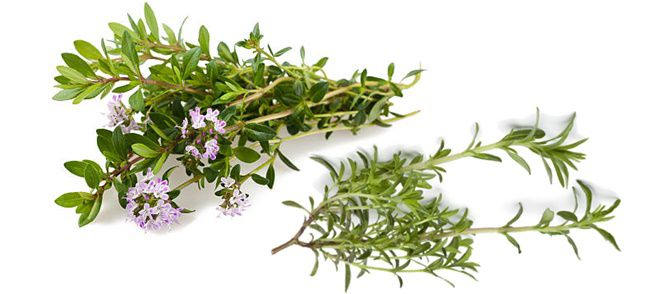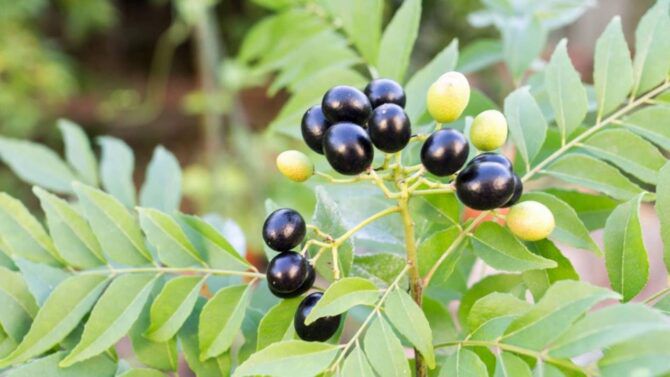Herbs & Medicinal Plants
How to Grow African Wormwood
How to grow African Wormwood and how to maintain Wormwood Plants.
African Wormwood (Artemisia afra) is also known as wild wormwood, African wormwood (Eng.); wilde-als (Afr.); umhlonyane (isiXhosa); mhlonyane (isiZulu); lengana (Tswana); zengana (Southern Sotho)
Named after the Greek goddess Artemis, this soft aromatic shrub is one of the most popular medicinal plants in South Africa. It is a highly aromatic perennial shrub.
How to grow African Wormwood from seed
Indoor Sowing: Late Winter and Early Spring.
Direct Sowing: Not Recommended.
- Wormwood is a very hardy attractive perennial that will grow almost anywhere even on poor soils often with little water.
- Needs full sun to partial shade and little maintenance.
- Seeds are very small so starting indoors is recommended.
- Start in good potting soil and sow African Wormwood seeds on the surface of the soil.
- Seeds need some light to germinate so either don’t cover them or give them a light dusting to help get a good soil contact.
- Keep moist until seedlings appear, seedlings are very small and delicate and take quite a while to grow to any size.
- When large enough to handle pot into individual pots and grow on until large enough to transplant to their final location. This can take several weeks as they grow very slowly to begin with .
- Seedlings grow fairly slowly to begin with as they establishing themselves in the first year.
- Wormwood is a tough plant, it can tolerate many different climatic types and poor soil.
- In cooler areas it prefers full sun and in warmer areas it prefers some shade from the hot sun.
- African Wormwood will grow on a wide range of soil types and is often found on poor soil that is semi dry.
- In warmer areas it prefers a slightly richer soil and more water.
- In most cases, plants in shade and those that have more water tend to be less silvery and more green.
- Plants under more stress produce a much stronger silvery appearance.
- It will not grow well in moist to wet soils.
Maintaining African Wormwood plants
- Water frequently during your plant’s first summer, every seven to 10 days and allowing the soil to dry completely before watering again.
- Once wormwood is established in your garden, you can cut back on watering drastically, only providing hydration every two to three weeks during the summer.
- Prune back any overhanging tree branches that blocks the wormwood plants from getting plenty of exposure to sunlight.
- Deadhead your wormwood plants during the summer to prevent self-seeding and to keep them looking their best.
- Snip faded flowers at the base of the stems and cut the entire plant back by half during midsummer if it starts to look leggy or droops.
- Artemisia afra needs full sun and heavy pruning in winter to encourage new lush growth in spring
Harvesting African Wormwood
- Two harvests are made – in midsummer and again in late summer/early autumn.
- Wait until wormwood plants are at least two years old before harvesting, as the herb’s strength and potency will increase as the plant matures.
- Ideally harvesting should be done from beginning to mid-flowering time when oil quality is the best, but you can harvest the leaves as and when you need it.
- Leaves can be used dried or fresh.
Disclaimer
Medicinal Information:
All medicinal information on this website is for educational and informational purposes only and may not be construed as medical advice. The information is not intended to replace medical advice or treatment offered by healthcare professionals.
Seeds, Plants, Plant Cuttings, Geophytes and Dried Herbs:
In some countries and provinces, certain plants are deemed as invasive and are not allowed to be planted at all, whilst some plants are allowed to be grown only in certain areas or provinces. The onus is on you as the buyer to familiarize yourself with the regulations pertaining to your location, before purchasing any of our seeds, plants, plant cuttings, geophytes or dried herbs. We will not be held liable, should you purchase any seeds, plants, plant cuttings, geophytes or dried herbs. from us which are prohibited in your country or province.

